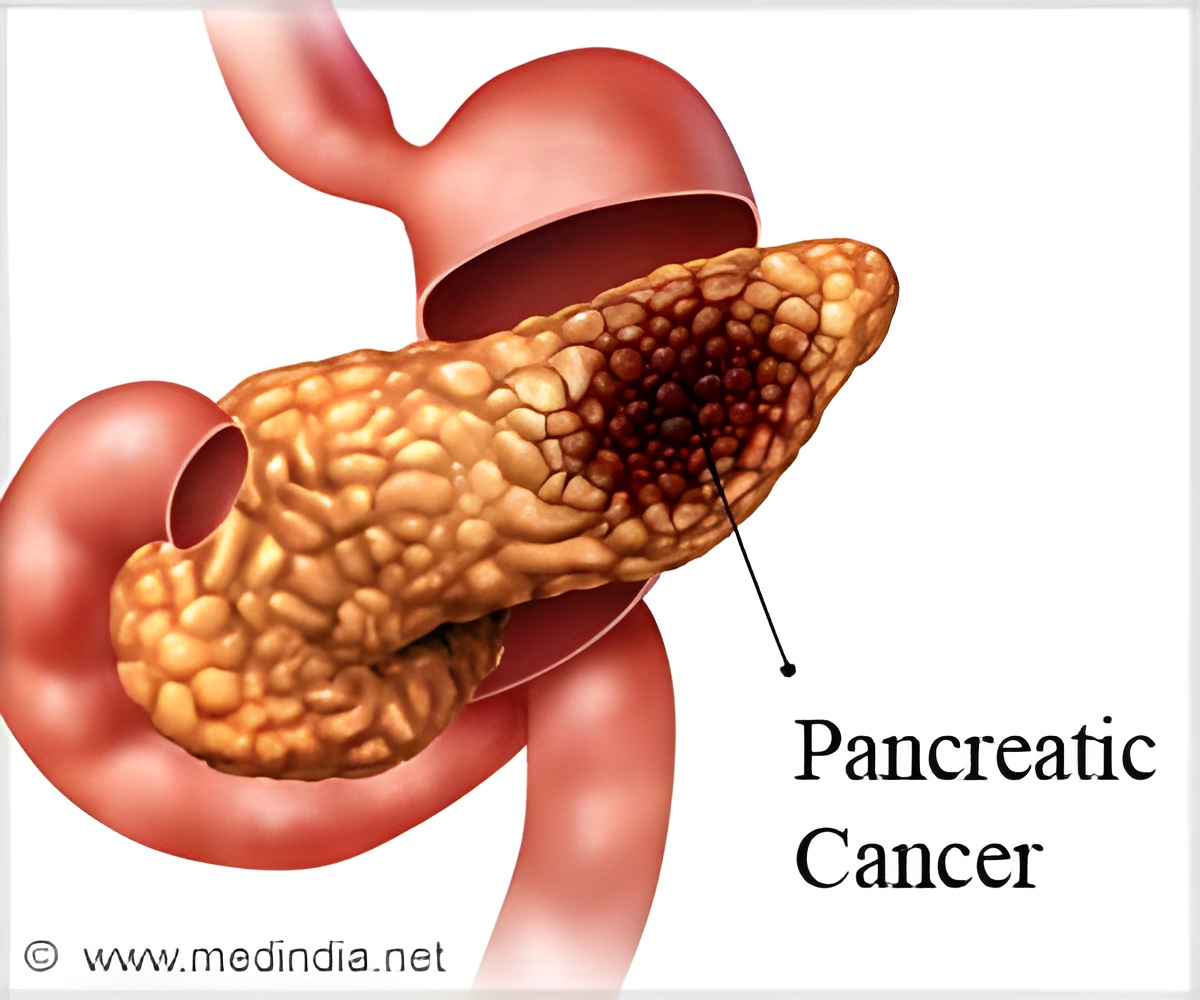New study suggests the concept of resectability and identifies objective pre-operative prognostic factors that can predict long-term survival of pancreatic ductal adenocarcinoma (PDAC) patients.

‘New nomogram can help replace existing guidelines based on tumor anatomic features, which are subjective and vary between center to center and surgeon to surgeon.’
Read More..




Pancreatic cancer is predicted to become the second leading cause of cancer-related deaths by 2030. However, recent developments in staging and treatment provide options to improve the long-term survival rate for an otherwise devastating diagnosis.Read More..
"Our research suggests that a new concept of resectability should be considered that is meant to reflect the biology of the tumor and response to chemotherapy," said Marco Del Chiaro, MD, PhD, FACS, Chief of Surgical Oncology and Director of the National Pancreas Foundation Center of Excellence at the Anschutz Medical Campus.
"Therefore, this will partially overcome the existing guidelines that are mostly based on tumor anatomic features. Tumor anatomic features are extremely subjective and vary between center to center and surgeon to surgeon."
In the study, researchers analyzed nearly 8,000 patients who underwent pancreatic resection for PDAC from January 2010 to December 2016.
The research found that the main prognostic factors for survival were age, sex, levels of carbohydrate antigen CA 19-9, tumor size, primary site, neo-adjuvant treatment (a treatment given to shrink a tumor before surgery), Charlson/Deyo score and facility type. For example, academic facilities were associated with better survival rates.
Advertisement
One of the most critical findings is that the tumor engagement of peri-pancreatic arteries at pre-operative scans, historically considered by several centers a contraindication for surgery, does not have a negative impact on survival rates after resection.
Advertisement
"Our results suggest that current classifications of resectability on local anatomic and radiologic features should no longer be considered accurate and that more precise prognostic criteria should be defined. The new PDAC nomogram can become a useful tool for patients and counseling physicians in selecting therapy."
The study offers the advantage of estimating the outcome of each patient before an operation, and regardless of local anatomic features of the tumor, to understand if a patient qualifies or not for an operation based on his or her long-term predicted survival. The use of the nomogram in clinical practice should be proposed after a prospective validation.
"These results support the direction we're taking at the University of Colorado Anschutz Medical Campus," said Dr. Richard Schulick, MD, MBA, FACS, Chair of the Department of Surgery and Director of the University of Colorado Cancer Center on the campus.
"By providing a multidisciplinary approach to the treatment of pancreatic diseases, we offer patients personalized care and can match candidates with different kinds of therapies that will work best for their individual case.
The result is introducing a new concept of prognosis-based staging for patients and the possibility to overcome the old concept and limitations of the anatomical staging of the disease."
Source-Eurekalert











